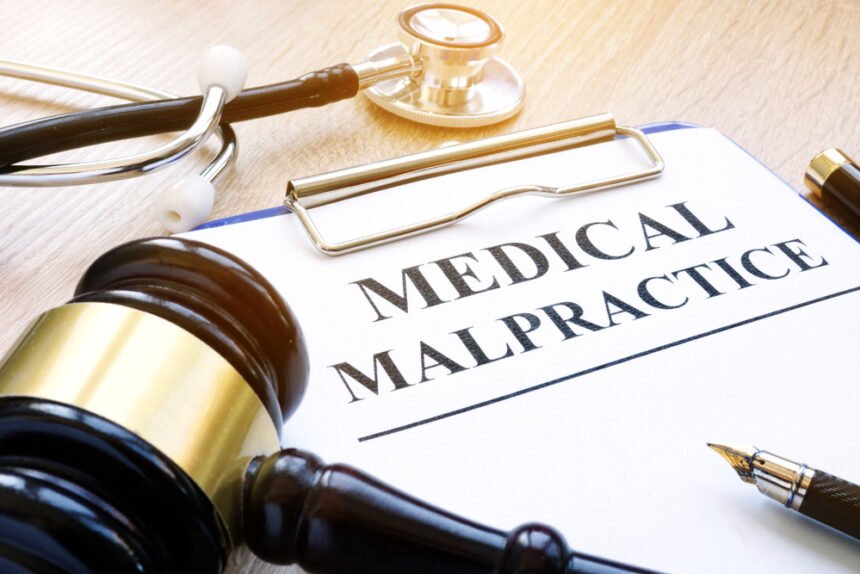It’s a sad fact that sometimes things go wrong. We might not like the cards we have been dealt but sometimes we just have to get on with life. But does that statement really apply to every situation? What if you’re not to blame? What if you’re injured and it wasn’t your fault? What if the very person who was supposed to help you – like your doctor – has made your medical situation worse and caused potentially life-changing damage to your body? This isn’t something you can simply accept and move on with. Another unpleasant fact, is that there are thousands of medical malpractice cases every year, ranging from mishandled births to prescription and medication errors – for Xanax medical malpractice information click the link. So, what are the most common forms of medical malpractice? Read on for a straightforward guide. Surgical negligence As if undergoing any form of surgery wasn’t stressful enough, imagine discovering that your surgeon had made an error or made the situation worse! Thankfully, most surgeries are done successfully, but sometimes mistakes are made. The most common surgical negligence cases usually involve one of the following factors and note that these are events that should not happen under any circumstances:
- The surgeon operating on the wrong body part
- Surgical tools being left inside the patient
- The use of unsterile equipment and dressings
- Failure to monitor vital signs correctly
- Unexpected damage caused to tissue and organs
- Infection caused by a lack of infection control
Pregnancy errors and mishandled births Is there anything more devastating than the prospect of what should be the happiest day of your life, turning into a complete nightmare of life changing negligence? This is the reality for many parents who have suffered pregnancy errors and mishandled births due to the negligence of their medical team. Errors can occur throughout pregnancy, during the birth and in the initial aftercare stage. The following factors are common in pregnancy-related malpractice cases and can impact the mother and/or child: Problems during pregnancy – Failing to recognise signs of pre-eclampsia, placental abruption, infections which could spread to the baby and failure to incorporate appropriate care when the mother has an underlying medical condition. Problems during birth – Failure to recognise signs of the baby in distress, damage and injuries caused by ventouse/forceps, cerebral palsy, Erb’s palsy and brain damage. Medication errors When you are prescribed a medicine, you expect it to be the right one for your condition, dispensed correctly and be the accurate dosage. Unfortunately, this isn’t always the case. If you’re prescribed the wrong medication or the wrong dosage then you could be causing reprehensible damage to your body, making your illness worse or even putting your life in danger:
- The incorrect dosage has been prescribed or the incorrect period of time
- You have been prescribed medicines that shouldn’t be taken together
- You have been prescribed the wrong medicine
- You have been dispensed medicine that has been damaged or shouldn’t be taken due to a manufacturing problem.
If you believe you are the victim of medical malpractice then speak to an attorney as soon as possible.

